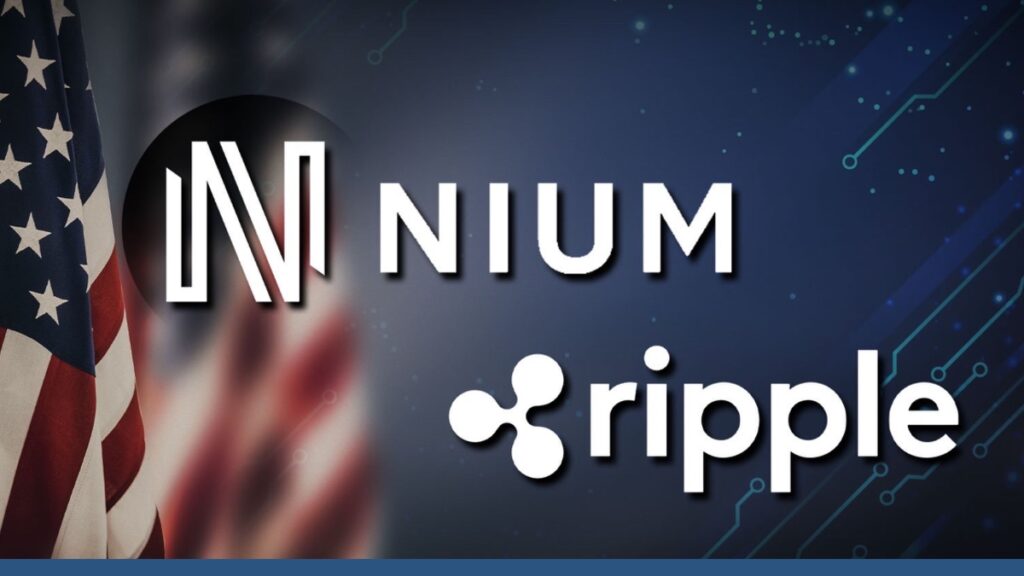Nium, a cross-border payments company, has raised $50 million in a fresh investment round, representing a 30% decrease from its prior valuation.

In its most recent $50 million Series E fundraising round, funded by an unknown Southeast Asian sovereign wealth fund, Nium, a payment partner of Ripple, reduced its valuation by thirty percent.
A blog post revealed that the most recent fundraising, backed by venture capital firms such as BOND, NewView Capital, and Tribe Capital, valued the Singapore-based company at $1.4 billion, a 30% decrease from $2 billion in 2022.
Nium states that the funds will be utilized to expedite the company’s growth objectives further. It intends to support expanding its worldwide network, quicken the pace of product innovation, hire more people, and seek mergers and acquisitions. Nium CEO Prajit Nanu stated:
“Our investors believe in our long-term mission of building the payments infrastructure for on-demand money movement and this additional investment will allow us to accelerate our aspirations.”
Nanu acknowledged the lower valuation in a commentary to CNBC, citing a “broader depression in public market valuations of fintech companies” as the cause of the drop. Prajit Nanu:
“Being realistic, when we raised in early 2022, public markets were killing it. The public markets have not been kind to fintech.”
Even with its lower valuation, Nium is still determined to go public the next year. The official blog post did not mention these intentions, but Nanu told CNBC that he remains enthusiastic about Nium’s future and that the firm will go public within the next 18 months, with an IPO planned for Q3 or Q4 of 2025. Prajit Nanu continued:
“Whether you go public at $1 billion, $5 billion, it doesn’t matter. Because the valuation is only when you get bought, or when you go through an IPO.”
Nium is a cross-border remittance platform for international money transfers with close-to-live exchange rates, founded in 2014 by Prajit Nanu and Michael Bermingham.
Early in 2018, Nium and Ripple teamed to provide payment corridors from North and South America into certain Southeast Asian locations via Ripple’s RippleNet technology.
